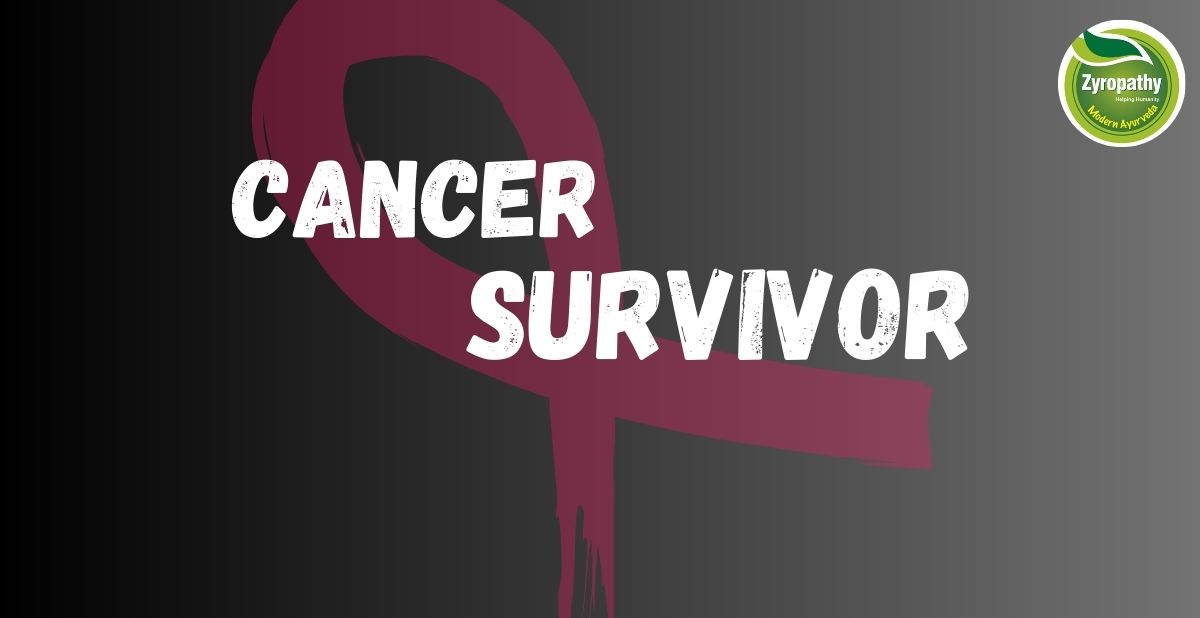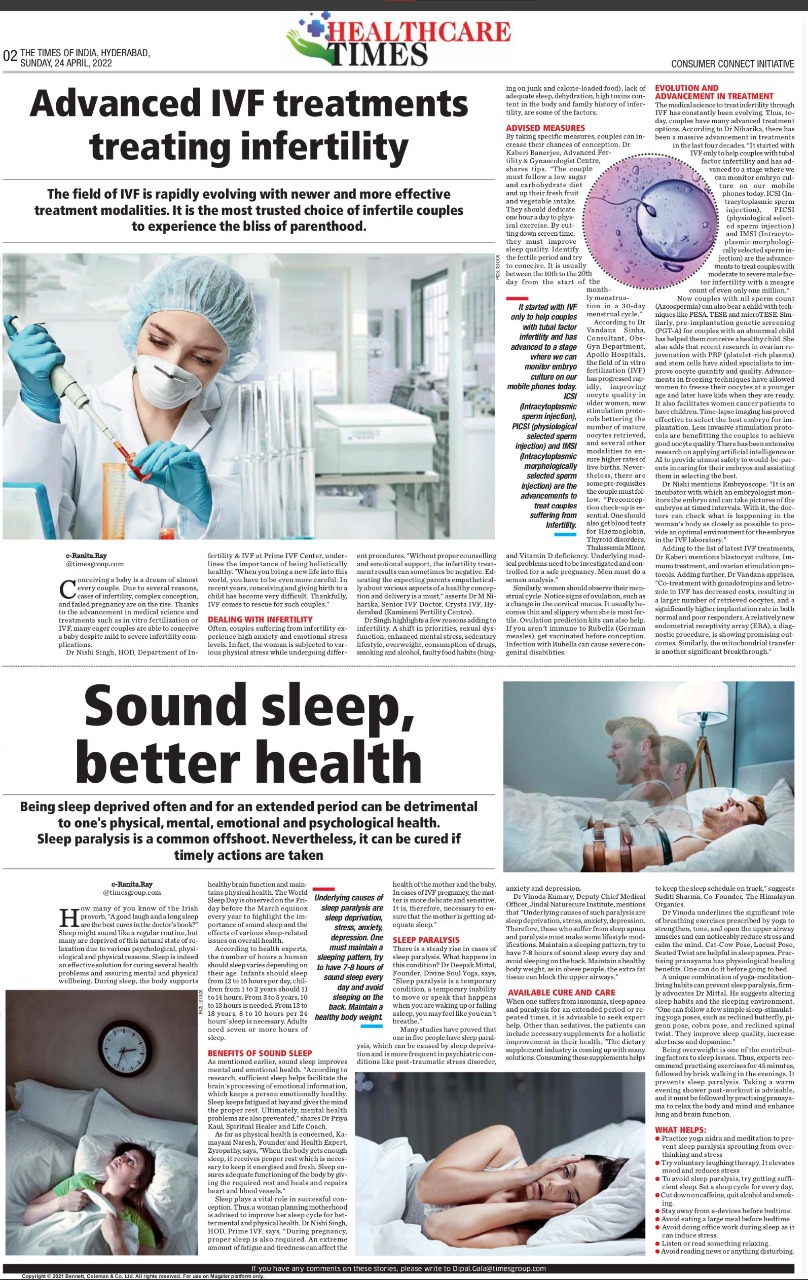The American Cancer Society reports that one in every three Americans may acquire cancer sometime throughout their lives. However, lifestyle, environmental variables, and exercise for cancer survivors may influence the risk of acquiring each form of cancer. It’s possible to inherit a susceptibility to some malignancies. The National Institutes of Health, however, reports that modifying one’s lifestyle may prevent as much as 80% of all malignancies in the United States.
Hearing the news that you have cancer often prompts individuals to consider adopting positive lifestyle adjustments. The likelihood of cancer coming back is reduced if one improves their health. However, there are a plethora of positive outcomes that might result. The state of one’s health may be enhanced in a variety of ways. Here are a few things to think about.
Nutrition: Dietary Recommendations
The recommended diet changes depend on the kind and stage of cancer. It also differs depending on the kind of care you’re getting. As your therapy progresses, you may need to make changes to your diet to accommodate your changing needs. Treatment and post-treatment guidelines are very context-dependent. Insufficient evidence exists to conclude that any particular diet may either prevent or treat cancer. However, maintaining good health with food and exercise for cancer survivors is possible.
In addition to aiding in recovery, a proper diet during cancer treatment may do the following:
- Maintain Muscle and Strength (muscle).
- Maintain a healthy immune system.
- Enhance the standard of living.
- Provide the tolerance necessary to undergo all of your therapy.
Exercise for Cancer Survivors
Numerous studies have shown that being active throughout cancer treatment might improve outcomes. Strength, flexibility, quality of life, weariness, and emotional and mental well-being are all enhanced by regular exercise. However, it is recommended to see a physician before beginning an exercise program. Some ideas for things to do are as follows:
- Exercising your endurance: running, swimming, bicycling, trekking, and even dancing.
- Strengthening activities: Exercising one’s muscular strength by means of weight training and the use of resistance bands.
- Stretching activities: Yoga and tai chi are examples of a few exercise for cancer survivors that help you stretch.
Maintaining a Healthy Mental and Emotional State
Dealing with cancer may be a traumatic experience emotionally. It’s crucial to maintain both mental and physical wellness. You’ll need both physical and emotional help. You, your loved ones, and your caregivers may get guidance from social workers, psychotherapists, and spiritual leaders on how to deal with:
- The extensive and varied emotional responses to learning one have cancer, undergoing treatment, and surviving the disease.
- Depression and anxiety are caused by cancer.
- Repercussions of medical care.
- The emotional toll of cancer.
- Value and spirituality.
- Chronic tiredness and inability to sleep.
- Gaining a sense of mastery using techniques like visualization, deep breathing, or self-hypnosis.
Methods of Unwinding: Massage and Acupuncture
Many patients at the cancer hospitals where I volunteer have benefited from integrative therapy. On all levels, they have improved. As a result, they now have a higher standard of living. Treatment for cancer is enhanced by complementary treatments including massage, healing touch, and acupuncture. A few of the things those undergoing integrative therapy may do:
- Relax.
- The emphasis should be on recovery and good results.
- Experience less weariness.
- Comfort from pain, worry, or sickness.
- Feel like you’re in charge for once.
- Strive for equilibrium as best you can at this trying moment.
Treatment With Music and Mental Images
There is a wide variety of musical modalities used in music therapy. The music might be for singing or listening. The technology may have progressed farther, though. It’s not uncommon for patients I deal with to use sign language or compose music with music therapists in cancer hospitals. Music therapists may create custom exercises for meditation and visualization. Patients may use this to unwind before or after medical operations.
The emotional highs and lows that come with being sick may be soothed by listening to music. In addition to easing symptoms, talking about how you’re feeling may be quite therapeutic. Some more effects that music may have are:
- Optimize the way pain is treated.
- Encourage unwinding.
- Do your best to calm your nerves.
- Allow for the release of feelings.
- Lift people’s standard of living.
- Facilitate a restorative setting.
- Focus on restorative imagery to improve care.
- Combat anxiety.
- Make going through treatment a more satisfying and pleasant experience.
- Manage your stamina and energy levels.
- Cheer you up and put a smile on your face.
Lifestyle Changes to Lower Your Risk of Cancer
Here are some things you can do to lower your cancer risk:
Avoid Tobacco
According to the Centers for Disease Control and Prevention, cigarette smoking is directly responsible for about 90% of all cases of lung cancer that results in death. In addition to cigarettes, other forms of tobacco use, such as pipes, cigars, and chewing tobacco, are associated with an increased risk of cancer.
Eat fruits and vegetables
Although there is no magic meal that has been shown to kill cancer, eating plenty of fruits and veggies may help lower your risk. It has also been shown that certain meals may help prevent cancer.
Practice moderation
Moderation is the key to healthy eating, but that’s a rather broad and nebulous recommendation. And although some research suggests that eating moderate quantities of red meat is safe, Harvard Medical School found that doing so may raise your chance of developing colorectal and prostate cancers. Foods that are charbroiled, deep-fried, or heavy in sugar should be eaten in moderation, if at all, since they may contribute to weight gain.
Use sun protection
One of the most important things you can do to lower your risk of acquiring cancer is to adopt protective measures like wearing long sleeves and trousers, sunglasses, sunscreen, and seeking shelter from the sun.
The vast majority of skin cancers are non-melanoma, meaning they seldom spread and may be easily removed with either a simple topical therapy or minimal surgical procedures. Yet melanomas, which account for 2% of all skin malignancies, are highly invasive and spread throughout the body through the blood.



There are no comments
Comments are closed.